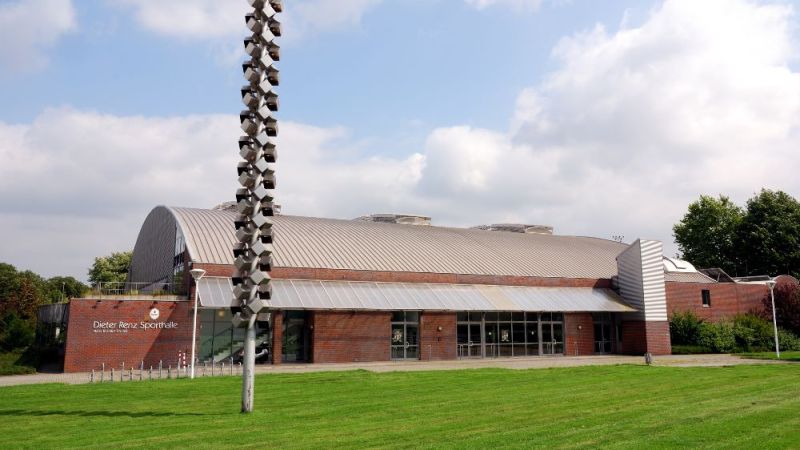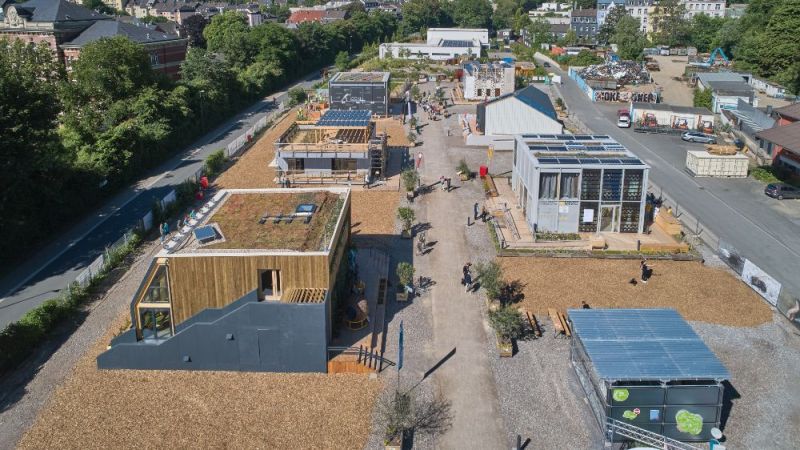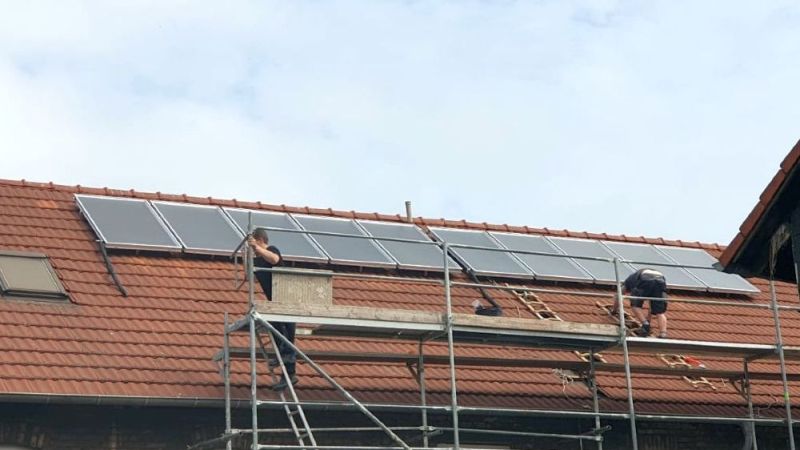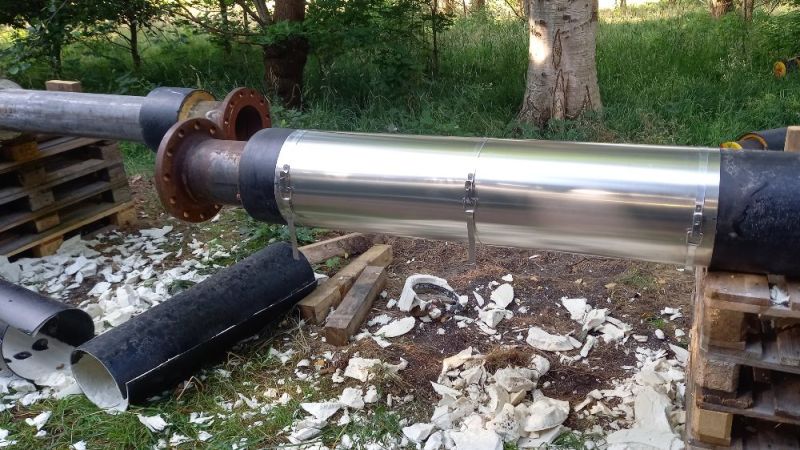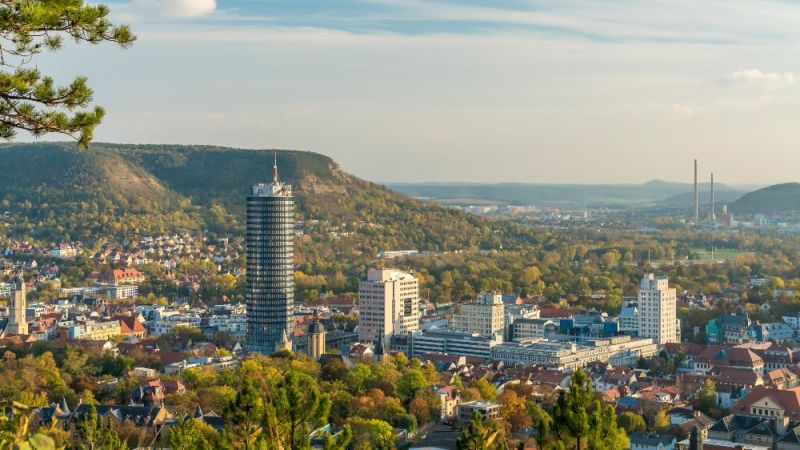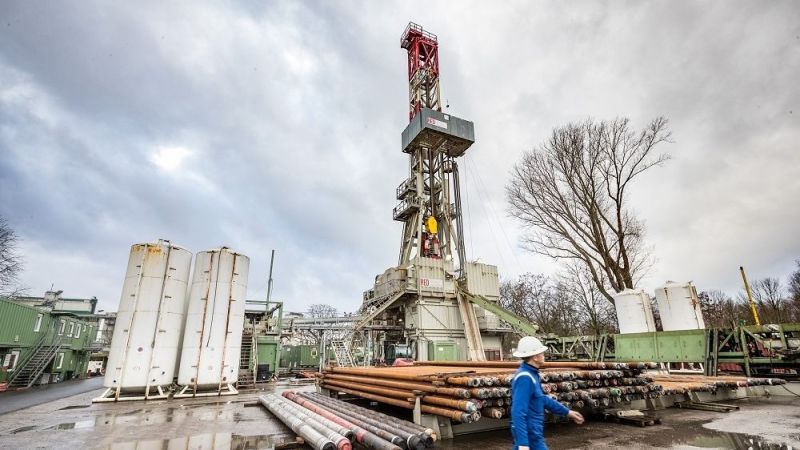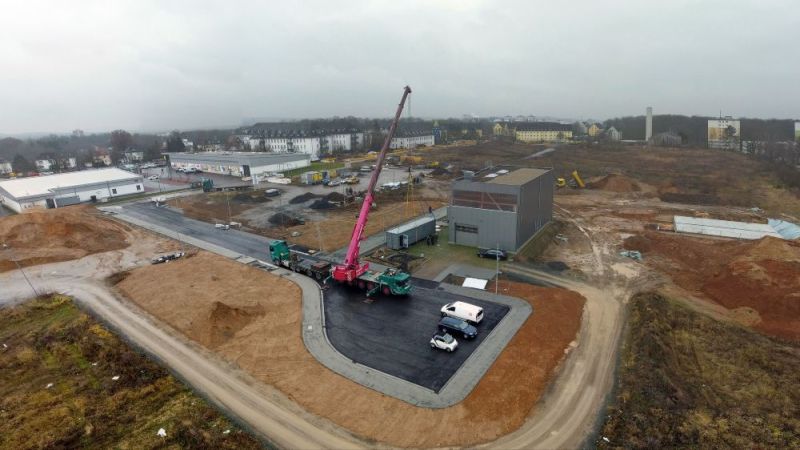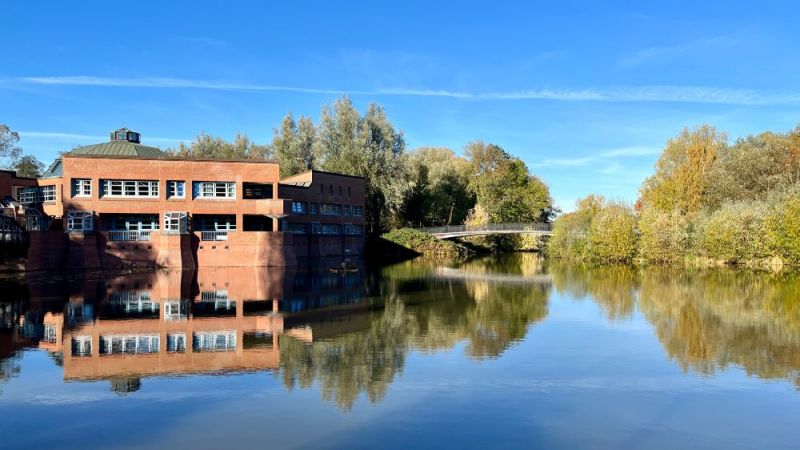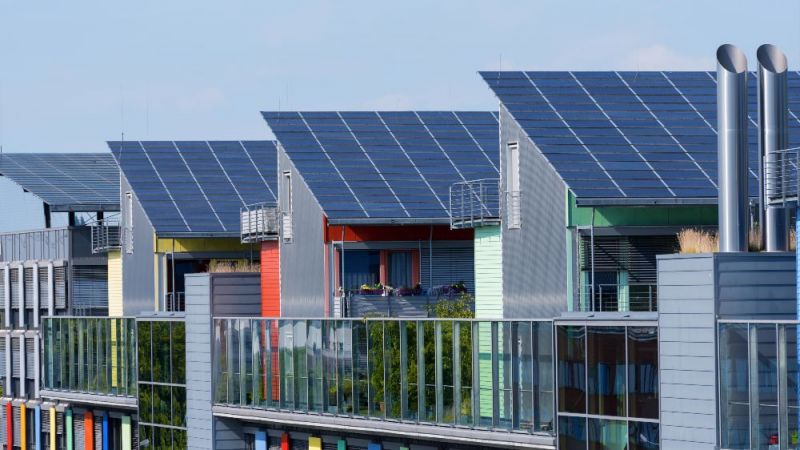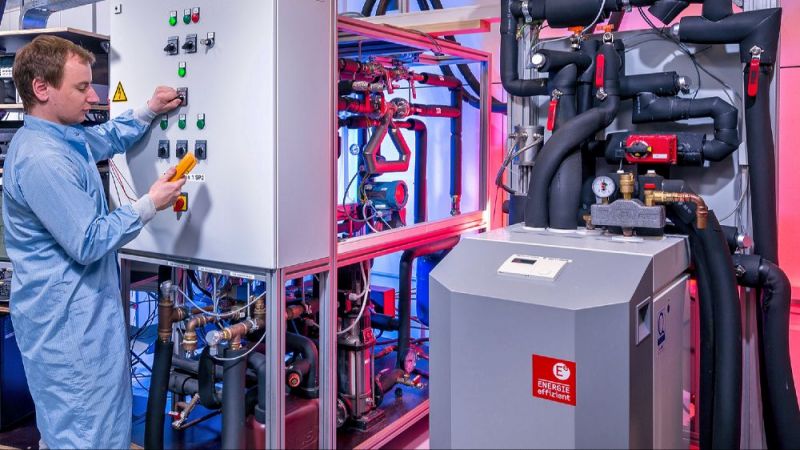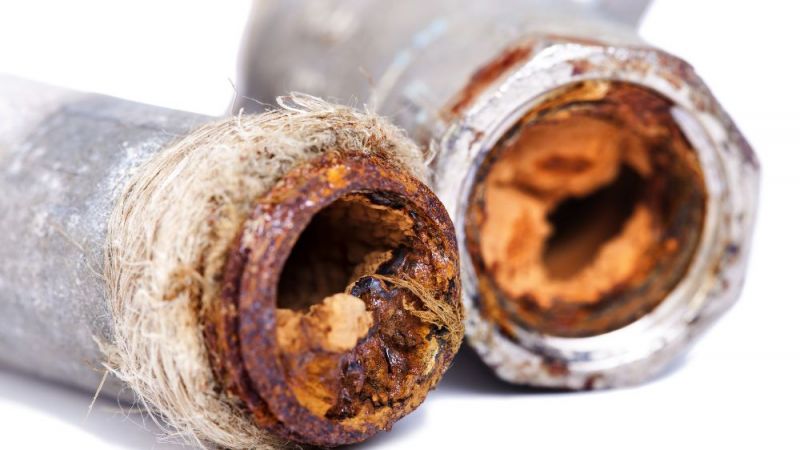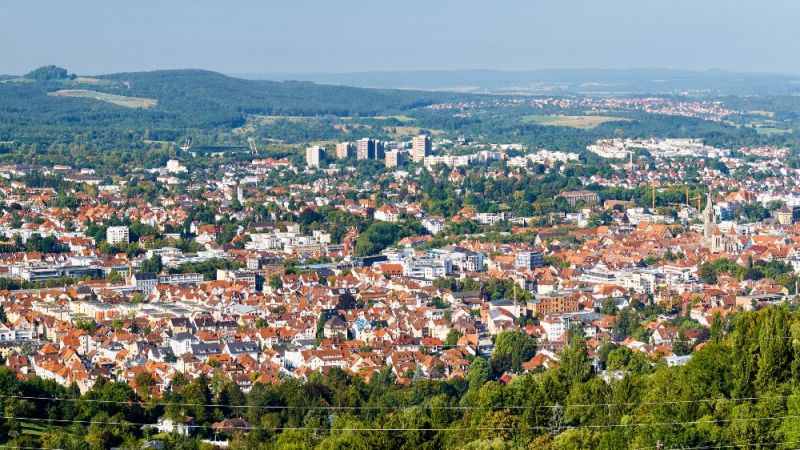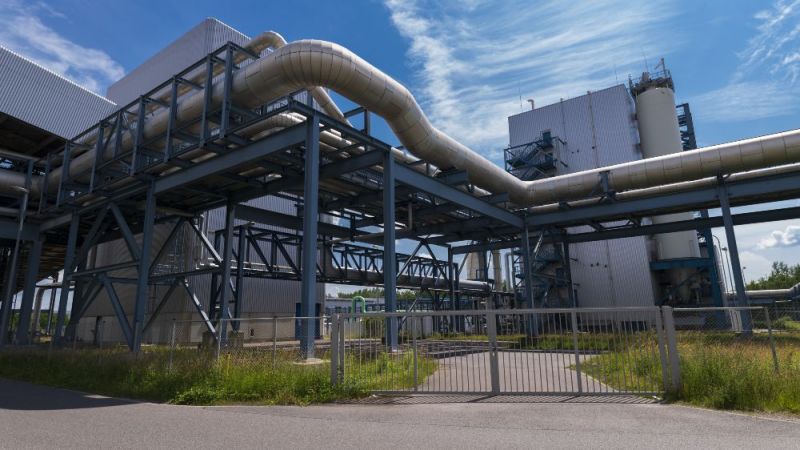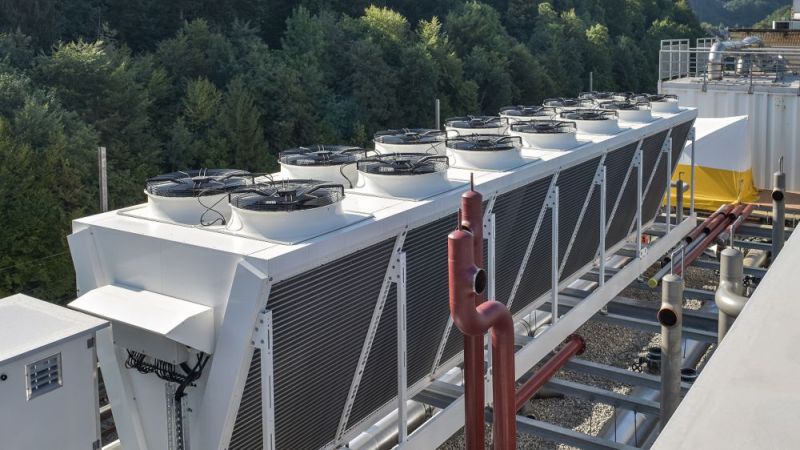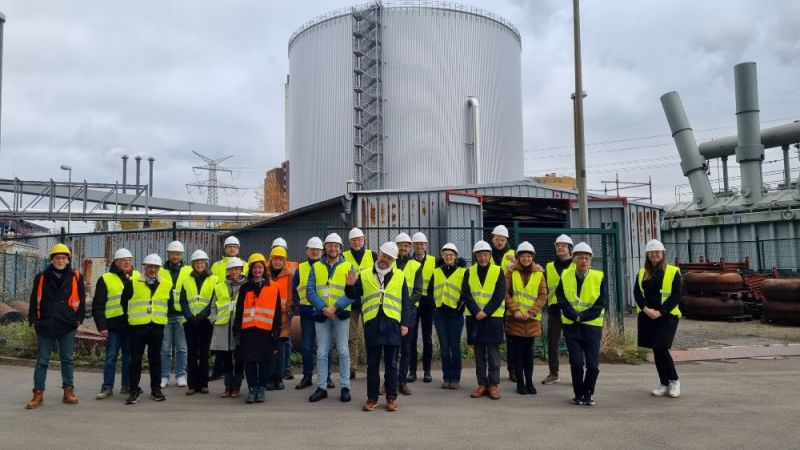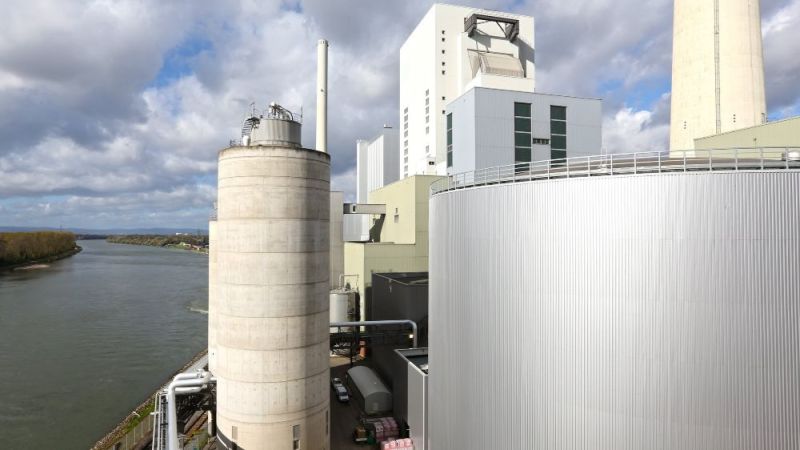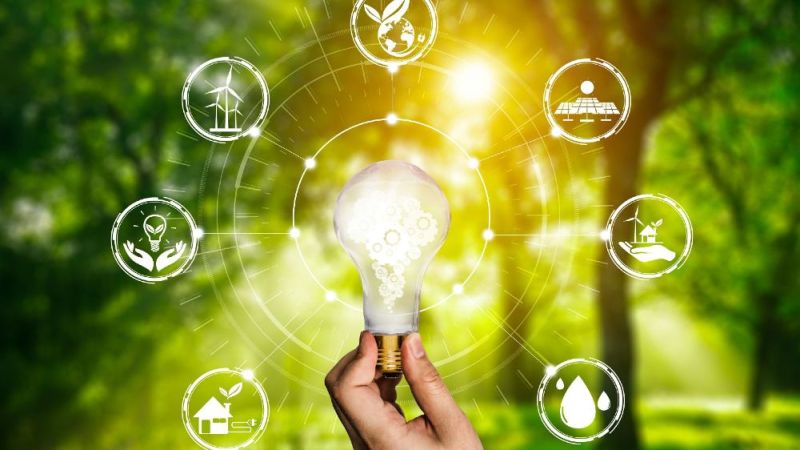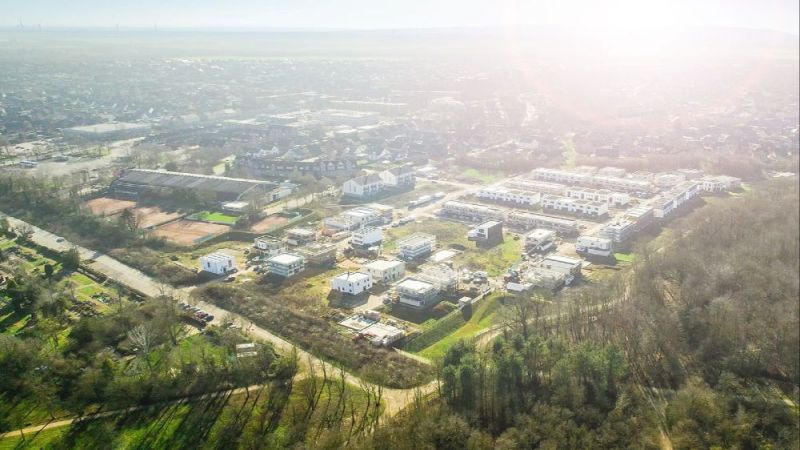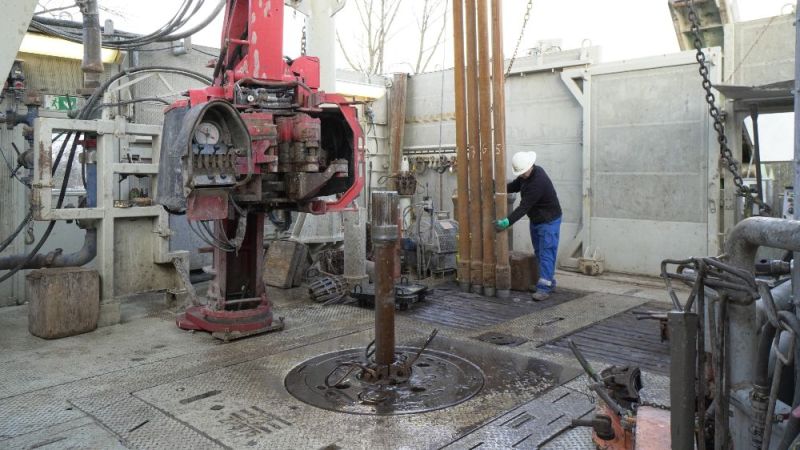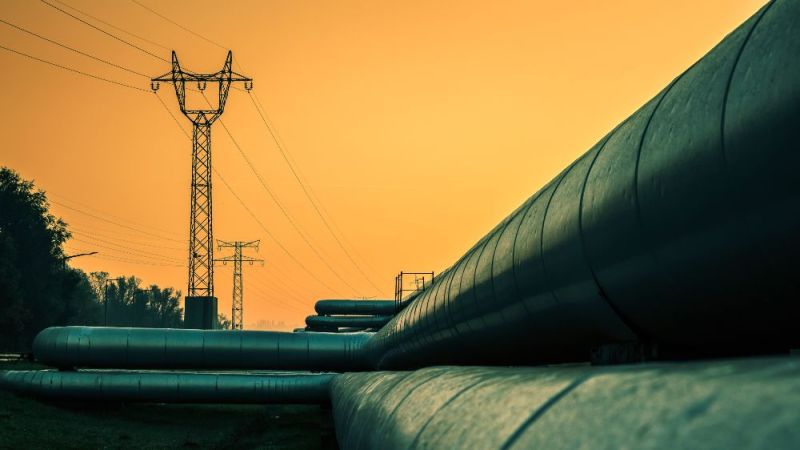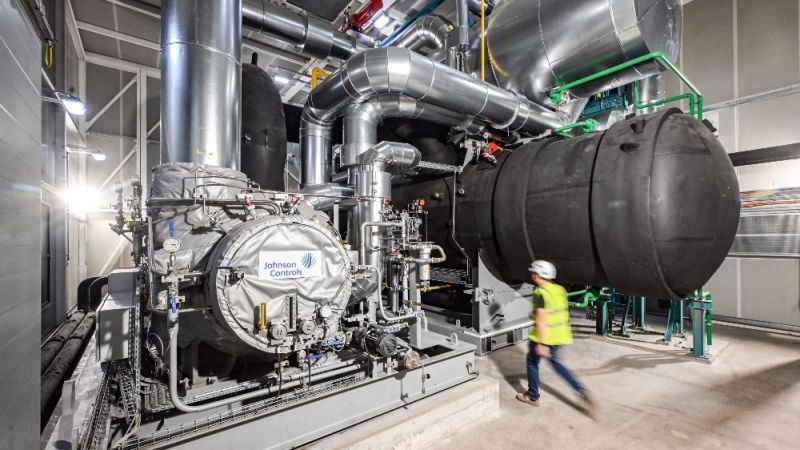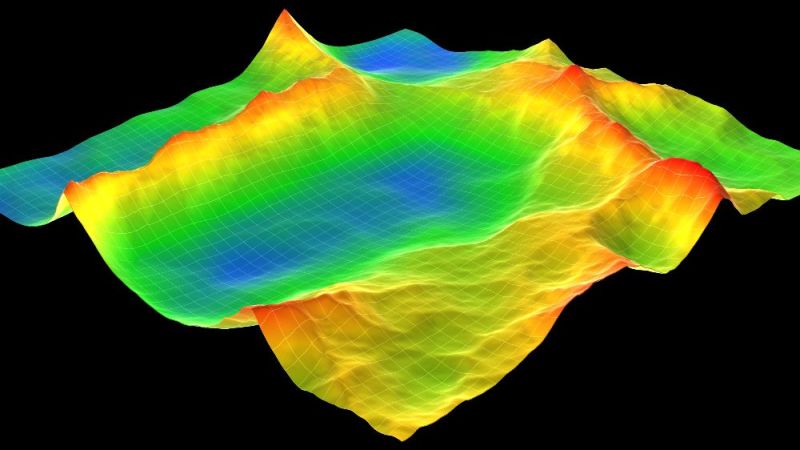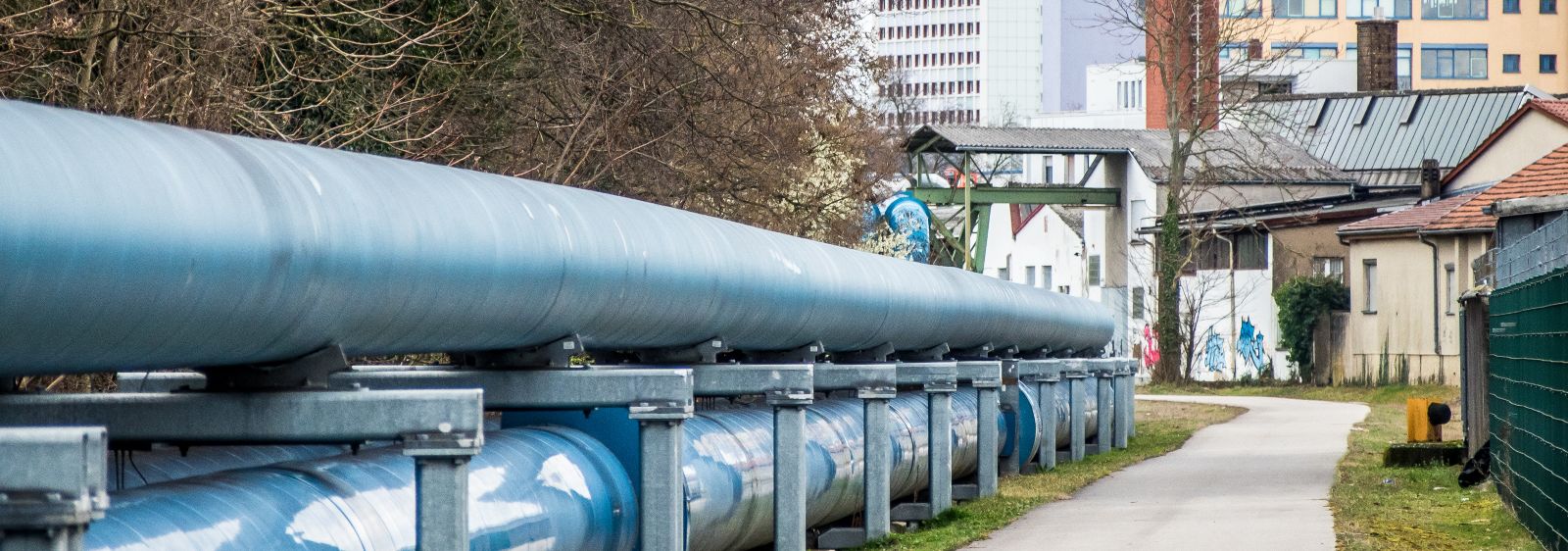
Solar thermal energy
Decentralised supply to local and district heating networks based on solar thermal energy
The multifunctional use of district heating networks could already provide an important step towards achieving low-emission heating supplies in the medium term. In a research project, AGFW, Solites and the Technical University of Dresden have investigated the technical impacts caused by the decentralised provision of solar thermal heat. Several integration options are currently being tested in the district heating network belonging to the Stadtwerke Düsseldorf municipal utility company.
This research project is investigating the technical and ecological effects of decentralised injection using coupled simulations. The requirements for system components will then be defined and innovative technologies and system solutions developed. Solar thermal energy was selected from the range of renewable energy sources because it presents particularly high demands in terms of its feed-in into heating networks. Solar thermal energy is an energy source that cannot be controlled, or only to a limited extent, with high load change situations from 0 to 100% during the day.
Research focus
The multifunctional use of district and local heating networks could already make a notable contribution to realising low-emission heat supplies in the short to medium term. However, until now there has been a lack of detailed thermohydraulic investigations on the network and system technology at decentralised feed-in and storage points that are coupled with district heating networks. These relationships are now being investigated. The overarching aim is to achieve a fully functioning, efficient and economic overall solution that secures supplies.
Solar thermal energy is being drawn upon as a possible decentralised heating source because it presents particularly high demands in terms of its feed-in into heating networks. Solar thermal energy is an energy source that cannot be controlled, or only to a limited extent, with load change situations from 0 to 100% during the day. This therefore makes the application of decentralised feed-in units with a lower dynamism comparatively simple.
Using a coupled simulation, in this research project three network types will be analysed in terms of their effects on decentralised feed-in:
- Primary network (1st generation)
- Secondary network (2nd generation)
- LowEx network (3rd generation)
In these networks, the technological aspects listed below will be investigated with the requirement that a disruption-free network operation is ensured:
- Heating network (thermodynamic behaviour, network hydraulics, feed-in points, load change, heat losses)
- Solar thermal system (sizing, control behaviour, load change, load curves, safety technology)
- Heat storage systems (sizing, usage profile, location)
- Transfer technology (variations, annual profiles and load requirements, buffer storage systems, pressure maintenance)
The results of the simulation will be validated in an emulation test rig. Based on the results, this will make it possible to derive the following:
- Technical and conceptual requirements for grid feed-in stations as well as a combined grid feed-in and transfer station (choice of materials, safety technology, water quality)
- Essential recommendations for planning and operational management concepts as well as the adaptation of the requirements for feeding solar thermal heat into other renewable energy sources
- Standardisation potential
The scientific and theoretical principles developed in the project consortium for heating networks with decentralised feed-in units with a highly dynamism open up possibilities for developing already existing central heating networks in future and provide a basis for conceiving future-proof, multifunctional heat supply systems.
To support the project, a pilot house connection and grid feed-in station (HANEST) is being conceived and tested by the Dresden University of Technology.
Performance
Since 2011, the EnEff:Wärme research partnership “Decentralised feed into local and district heating systems using the example of solar thermal energy” has been investigating the technical and environmental impacts of decentralised infeeds using coupled simulations for three network types for providing district heating. Solar thermal energy was selected from the range of renewable energy sources because it presents particularly high demands in terms of its feed-in into heating networks. This is because it is an energy source that cannot be controlled, or only to a limited extent, with load change situations from 0 to 100 per cent during the day. The main task was to secure a disruption-free grid operation, whereby it was intended to determine the bandwidth to facilitate a decentralised infeed.Since 2011, the EnEff:Wärme research partnership “Decentralised feed into local and district heating systems using the example of solar thermal energy” has been investigating the technical and environmental impacts of decentralised infeeds using coupled simulations for three network types for providing district heating. Solar thermal energy was selected from the range of renewable energy sources because it presents particularly high demands in terms of its feed-in into heating networks. This is because it is an energy source that cannot be controlled, or only to a limited extent, with load change situations from 0 to 100 per cent during the day. The main task was to secure a disruption-free grid operation, whereby it was intended to determine the bandwidth to facilitate a decentralised infeed.
Since May 2015, different possibilities for integrating solar thermal heat into the district heating system belonging to the Stadtwerke Düsseldorf municipal utility company have been tested as part of EnEff:Wärme’s new joint SWD.SOL project. For this purpose, a measurement rig is being installed in a building belonging to the Rheinwohnungsbau Gesellschaft Düsseldorf (RWB) housing association. On this basis, a locally adapted concept for integrating solar thermal heat shall be developed by 2018 for the Stadtwerke Düsseldorf’s district heating system.
10.11.2021
TU Dresden, Professur für Gebäudeenergietechnik und Wärmeversorgung
https://tu-dresden.de/ing/maschinenwesen/iet/gewv
ensys@mailbox.tu-dresden.de
Tel.: +49(0)351-463-32145
Solites - Steinbeis Forschungsinstitut für solare und zukunftsfähige thermische Energiesysteme
http://www.solites.de/
info@solites.de
Tel.: +49(0)711-673-2000-0


